Discussants pore over Pakistan’s energy crisis
Express concerns about delays in interstate gas pipeline projects
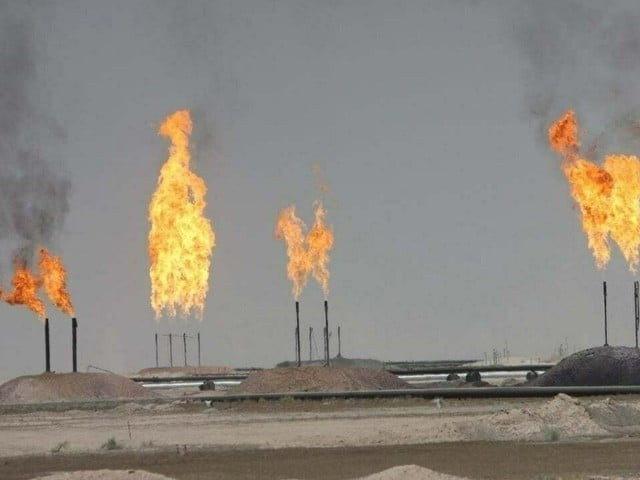
Experts expressed serious concerns about delays in the interstate gas pipeline projects during a webinar, highlighting the significant challenges these delays pose to the country.
They emphasised that these delays not only hinder Pakistan's efforts to tackle its energy crisis but also fail to meet the increasing demand for natural gas. Consequently, this leads to energy shortages and economic instability.
Moreover, the experts pointed out that the prolonged non-implementation of these projects also hampers regional cooperation and may strain diplomatic relations with partner countries, impacting Pakistan's international standing. “The uncertainty surrounding these projects further creates investment risks, discouraging foreign investors and impeding economic growth and development.”
The webinar, titled "Interstate Gas Pipeline Projects: Challenges and the Way Forward to Meet Pakistan's Energy Crisis," was organised by the Devcom-Pakistan Centre for Geopolitical Studies. The panel of experts included Qaiser Aijaz, an environment and energy consultant, Munir Ahmed, the Executive Director of Devcom-Pakistan, Dr Zainab Ahmed from Lahore Garrison University, and Dr Khushboo Ejaz from Kinnaired College for Women.
During the webinar, Qaiser Aijaz highlighted the current geopolitical complexities, including domestic political instability, recent general elections, and global conflicts such as the Russia-Ukraine and Israel-Palestine conflicts. These factors, coupled with tensions at the Pakistan-Afghanistan border, make immediate progress on interstate gas pipeline projects challenging.
Aijaz emphasised the need for a detailed review of project parameters like engineering designs, costs, and economic viability to ensure smooth project implementation.
Munir Ahmed expressed concern over Pakistan's failure to advance these projects, noting that it has raised national and international apprehensions. He mentioned Iran's intention to take Pakistan to the International Court of Justice for a penalty related to the gas pipeline project and highlighted the stalled progress of the TAPI pipeline despite feasibility studies. Ahmed criticised Pakistan's foreign policy and energy diplomacy, calling for urgent foreign investments to address the energy crisis effectively.
Dr Khushboo Ejaz discussed the intricate political economy surrounding pipeline projects, emphasizing the challenges posed by politics, economics, and energy dynamics. She cited examples like the Iran-Pakistan gas pipeline, facing international sanctions and opposition, and the TAPI pipeline, which struggles with security threats and regional disagreements.
Dr Zainab Ahmed focused on the shifting geopolitics towards geoeconomics, particularly in the context of energy reliance and regional cooperation. She highlighted Pakistan's urgent need for affordable energy sources amid economic challenges and the complexities of dealing with US sanctions on projects like the Iran-Pakistan pipeline. Ahmed also mentioned the rivalry between the US and China, which further complicates regional cooperation efforts.
Published in The Express Tribune, March 31st, 2024.




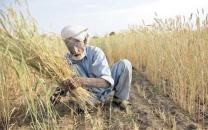
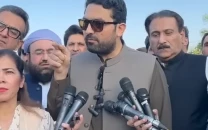


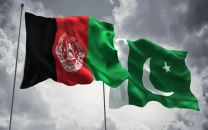



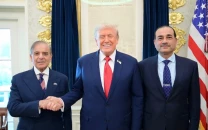






COMMENTS
Comments are moderated and generally will be posted if they are on-topic and not abusive.
For more information, please see our Comments FAQ